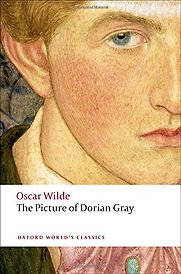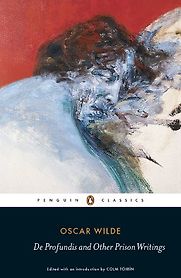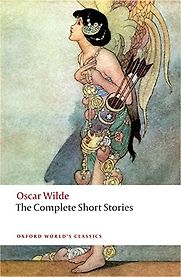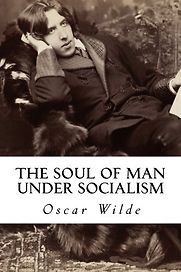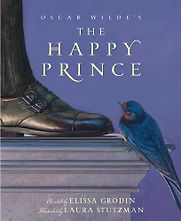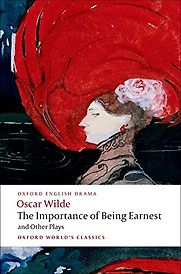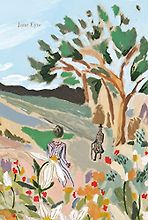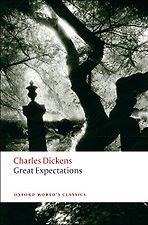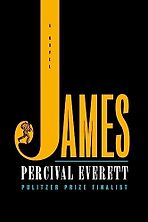Recommendations from our site
“If you wish to participate in the novel, you have to appreciate it in the way that Dorian appreciates cabinets, carpets, tapestries and jewels. Is beauty deceptive or can beauty be a moral guide? Does the novel suggest that if you judge by appearances you’ll be led astray, like the people who think that Dorian can’t be guilty of the crimes that he has committed because he is beautiful? Or does the ending of the novel, in which Dorian magically becomes ugly as he is ‘punished’ for his sins, affirm the link between morality and beauty? You can offer equally convincing readings either way round, but only by discarding half the evidence in the novel. So, it’s a novel that engages with beauty, aesthetics and the idea of what an aesthetic life would be, but it offers no answers.” Read more...
The best books on The Best Oscar Wilde Books
Sos Eltis, Literary Scholar
“The Picture of Dorian Gray is now a part of the canon that no one would admit to not having read. Most of us have read it and delighted in its witticisms. It’s hard to imagine, but when Dorian Gray was first published, the book was not well received at all. It was totally panned. It was held against him as being an example of an effete character. It was being serialised by Lippincott’s Magazine, and the serialisation of the novel stopped when it became too inflammatory. One of the reasons why I wanted to recommend this book is that it is an example of literature being used as evidence itself. Most of us know the bones of the situation of Oscar Wilde being put on trial in 1895 – the father of his (homosexual) lover became inflamed and found all kinds of characters to use against him (in court). During his trial, Oscar Wilde had to answer for the attitudes expressed by the characters in The Picture of Dorian Gray.” Read more...
The best books on Sex and Society
Eric Berkowitz, Journalist
